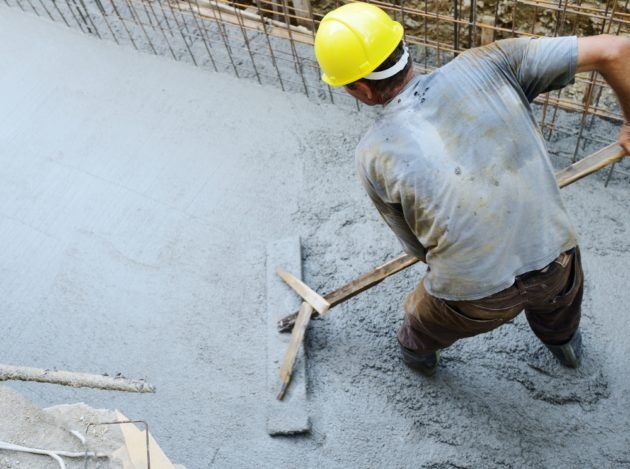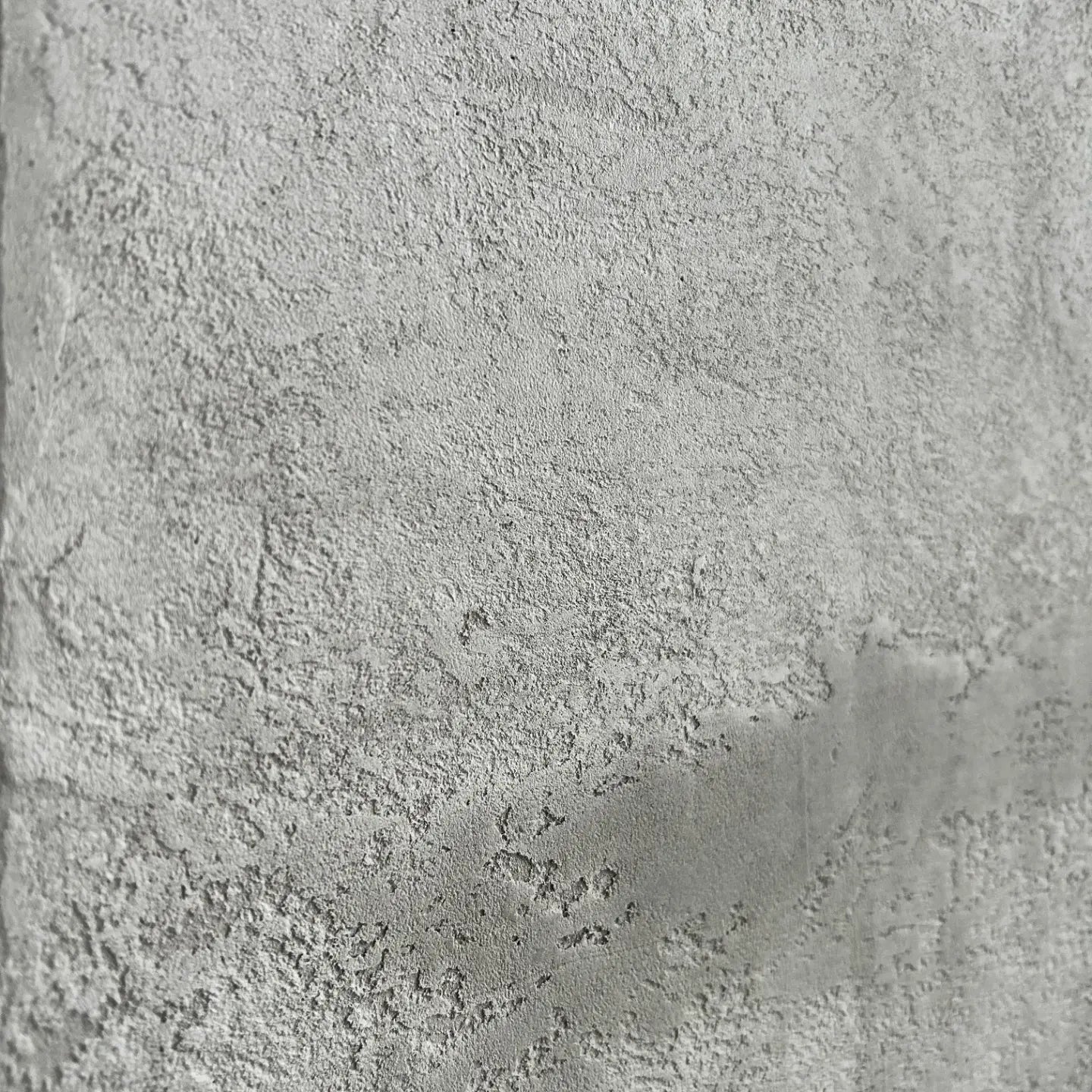Inexpensive Concrete Solutions: Top Quality Handiwork at Competitive Prices
Inexpensive Concrete Solutions: Top Quality Handiwork at Competitive Prices
Blog Article
Revealing the Eco-Friendly Advantages of Using Recycled Concrete in Sustainable Building Practices
In the realm of lasting building techniques, the use of recycled concrete stands as a critical yet often undervalued source. Beyond its traditional applications, recycled concrete offers a myriad of green advantages that expand much past the confines of standard building and construction materials.
Ecological Benefits
By including recycled concrete into building and construction techniques, there is a substantial decrease in the need for brand-new raw materials, leading to conservation of all-natural resources. Additionally, the usage of recycled concrete diminishes the quantity of waste being sent to garbage dumps, thus reducing environmental contamination and reducing the strain on landfill capabilities (Concrete).

Furthermore, the production of typical concrete is a substantial resource of carbon exhausts as a result of the energy-intensive process of concrete manufacturing. In comparison, recycled concrete has a lower carbon impact as it reduces the need for new concrete manufacturing. This reduction in carbon discharges adds to mitigating environment adjustment and sustains sustainable building techniques. In general, the environmental advantages of using recycled concrete are significant and play a crucial role in promoting environment-friendly building approaches.
Cost-Efficiency
When evaluating the usage of recycled concrete in building and construction jobs,Attaining cost-efficiency is a vital consideration. Among the crucial advantages of making use of recycled concrete is its cost-effectiveness contrasted to conventional concrete. The production of recycled concrete involves much less energy and resources as it utilizes existing products, minimizing the overall project expenses significantly. Furthermore, the accessibility of recycled concrete locally can better lower transportation expenditures, making it a more economical option for building and construction jobs.
Additionally, using recycled concrete can lead to financial savings in landfill expenses by drawing away concrete waste from disposal websites. This not just decreases the environmental influence but additionally eliminates the costs linked with waste elimination. Furthermore, the longevity and efficiency of recycled concrete are comparable to traditional concrete, ensuring that expense financial savings do not compromise the high quality of the building.
Toughness and Strength
Thinking about the substantial cost-efficiency advantages of using recycled concrete, it is imperative to examine its toughness and strength in building applications. Recycled concrete offers comparable, if not remarkable, durability and toughness residential properties to conventional concrete. Through improvements in handling techniques and quality control, recycled concrete can fulfill or exceed the performance requirements of traditional concrete. The process of reusing concrete entails crushing, sorting, and evaluating old concrete to create aggregates that can be utilized in brand-new building projects. These recycled accumulations can giving satisfying compressive toughness, durability, and long-term performance.

Waste Reduction
When it comes to making use of recycled concrete, waste decrease is an essential benefit that adds significantly to ecological conservation. By including recycled concrete right into construction projects, this waste is repurposed and drawn away from landfills, minimizing the general ecological influence of building and construction tasks.
Furthermore, the usage of recycled concrete can lead to cost financial savings for construction jobs, as it is usually more affordable than sourcing and delivering new materials - Concrete. In verdict, waste decrease with the utilization of recycled concrete is a crucial part of sustainable building methods that profits both the building and the setting market as a whole.
Energy Preservation
When it comes to using recycled concrete go to this website in construction, significant energy financial savings are achieved compared to typical concrete production. The process of creating recycled concrete includes recycling and crushing existing concrete materials, learn the facts here now which takes in less energy than mining, processing, and transporting raw products for new concrete production.
Final Thought
Finally, the usage of recycled concrete in sustainable building methods offers many environmental benefits, cost-efficiency, longevity, strength, waste decrease, and energy preservation. By incorporating recycled concrete right into building and construction tasks, we can add to a more sustainable and environmentally pleasant future. It is crucial for the construction sector to prioritize using recycled materials to help in reducing the ecological impact of building and construction activities.
One of the crucial advantages of using recycled concrete is its cost-effectiveness contrasted to standard concrete.Additionally, the use of recycled concrete can lead to savings in garbage dump expenses by diverting concrete waste from disposal websites. The durability and efficiency of recycled concrete are comparable to standard concrete, making certain that price financial savings do not endanger the top quality of the building.

Report this page